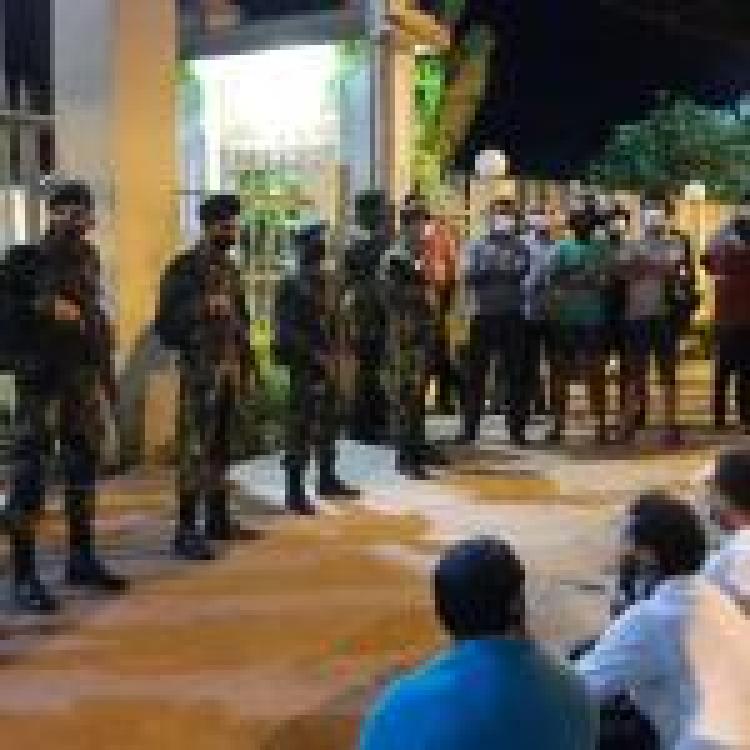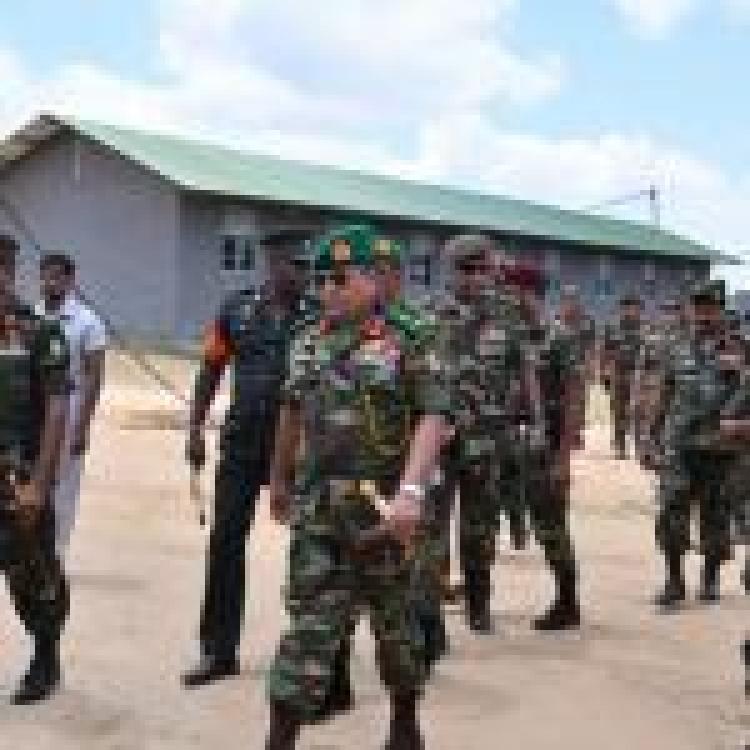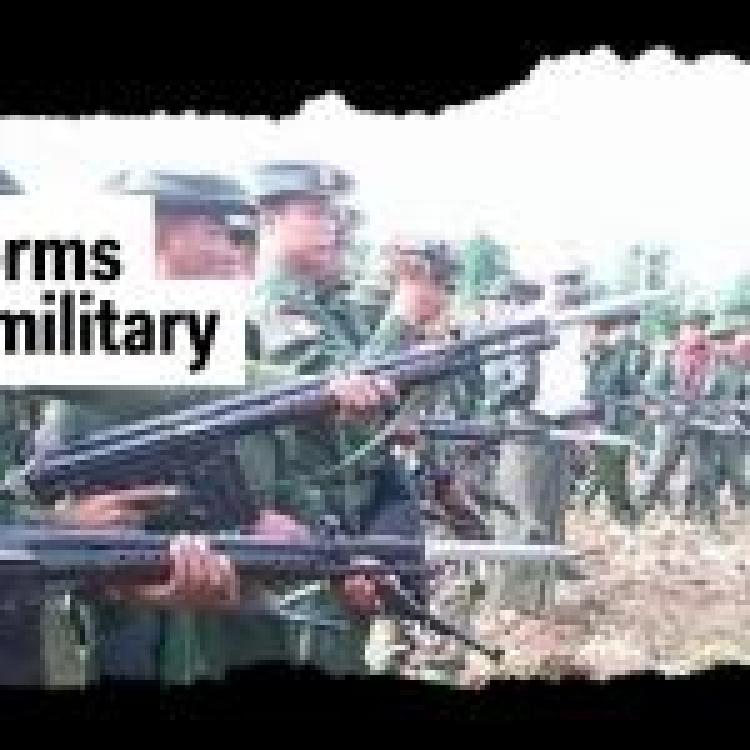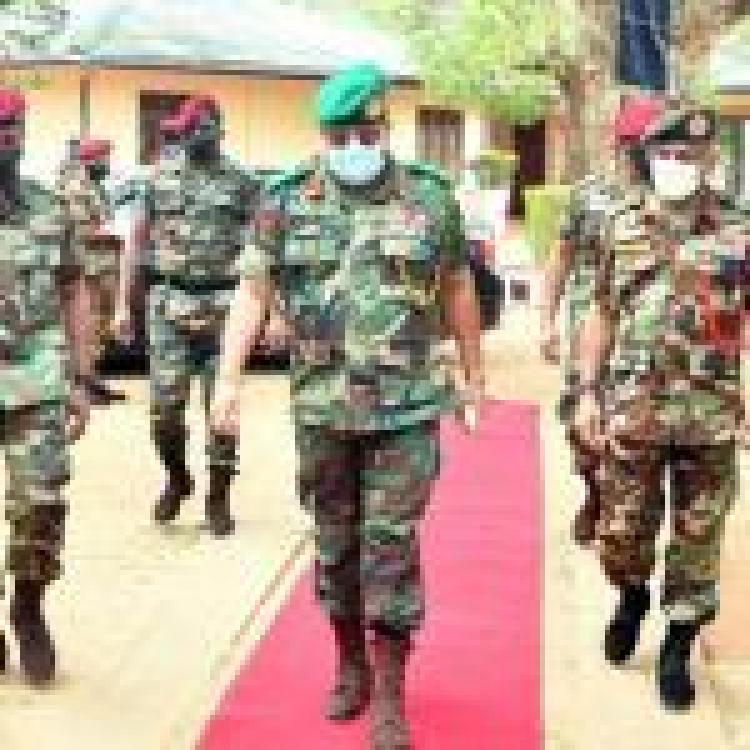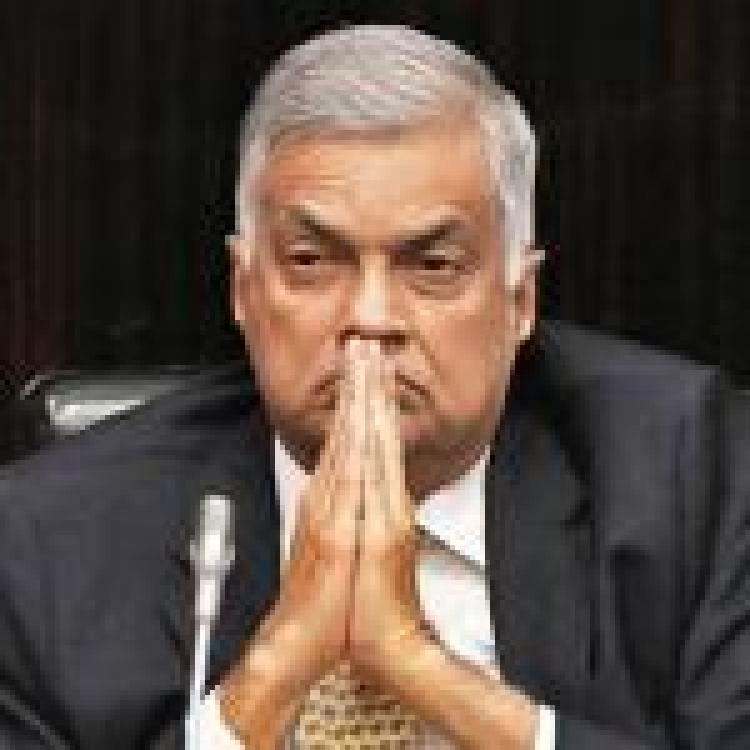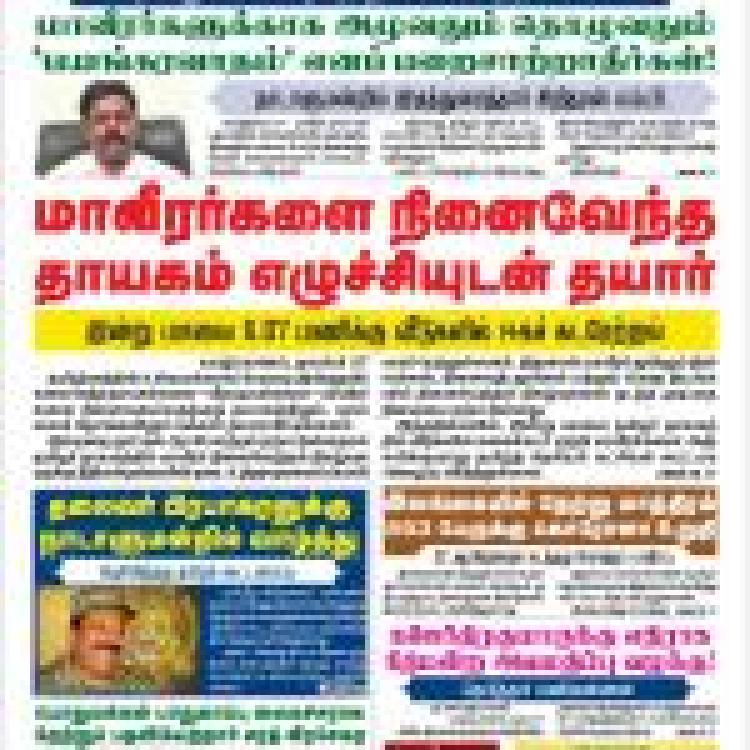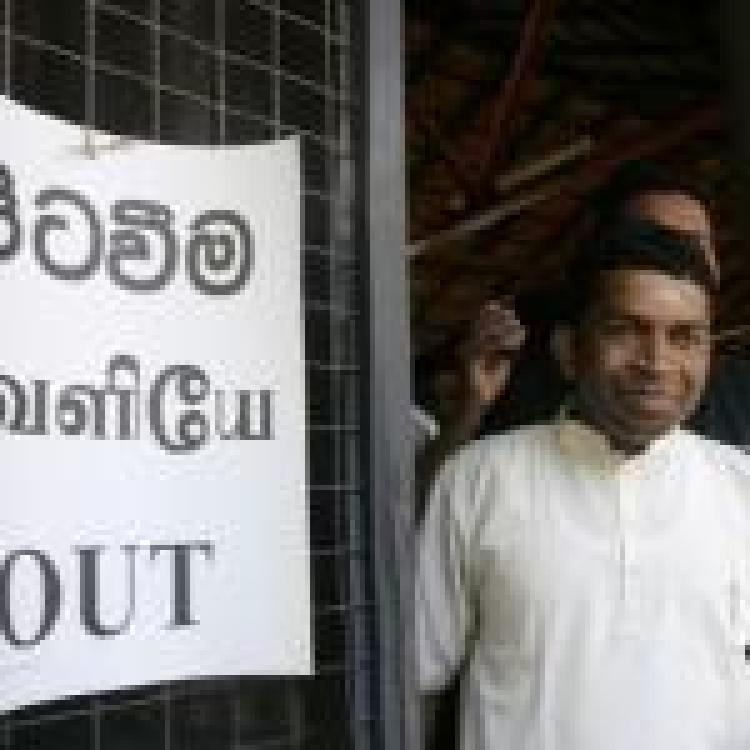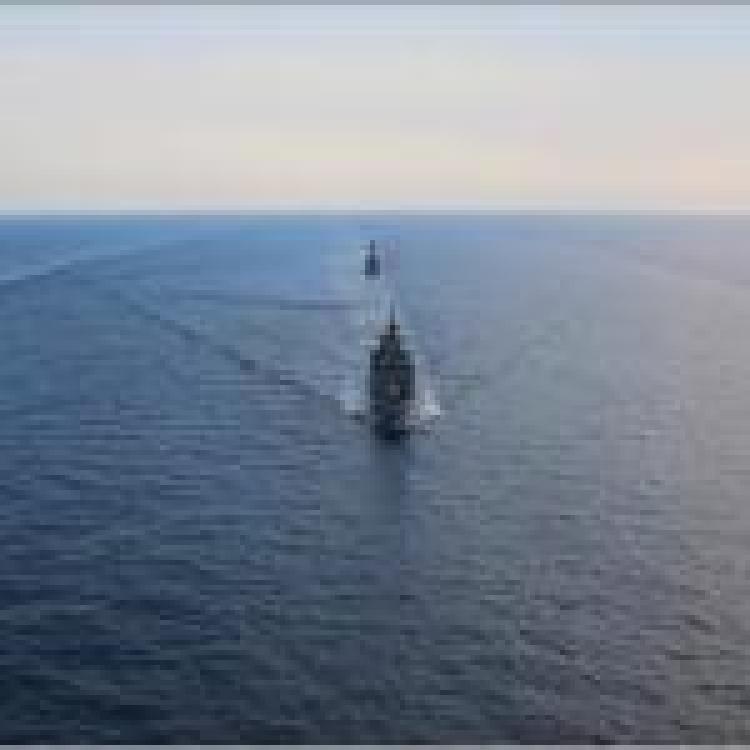.jpg)
Responding to a question posed by UK Labour MP Taiwo Owatemi on the legitimacy of exporting military equipment to Sri Lanka, with a “value of £149,724”, the Parliamentary Under-Secretary for the Department of Trade, Ranil Jayawardena, denied that this was a breach of international humanitarian law.
In his response, he noted that it was not the export of helicopters but rather “components for NBC protective/defensive equipment”, valued at £149,725, and “components for military helicopters”, valued at £161,477. Both trades were issued to Sri Lanka on 4 March 2020 and Jayawardena further reports that “these licences were for goods for incorporation in other products and the items were ultimately destined for third countries”.
A day prior to this question, Shadow Secretary for Defence, John Healey, asked Parliamentary Under-Secretary for Defence, James Heappey, if an Overseas Security and Justice Assistance assessment was completed prior to providing the Sri Lankan Navy assistance in April 2019.
Heappey responded claiming that an assessment was completed prior and that the department regularly reviews and updates their assessment to ensure that human rights and International Humanitarian Law risks are considered.
Police training
These statements follow the renewal by Police Scotland of their training contract with Sri Lanka, despite on-going human-rights violations, has sparked demands for a Holyrood review, examining the human rights impact of their programme.
This also comes as the Metropolitan police are examining potential war crimes committed by British mercenaries in Sri Lanka. Police Scotland has long had ties with Sri Lanka’s notorious STF (Special Task Force) which are accused of numerous war crimes including burning down Tamil villages.
Read more here: Police Scotland renewed training contract with Sri Lanka sparks demands for an investigation
Selling to human rights violators
In August 2020, it was revealed that the UK provided military training to 17, out of 30, countries on the British Foreign Office’s own human rights watch list, which includes Sri Lanka, from 2018-2020.
According to the British Foreign Office, this list comprises countries where the UK has “particularly concerned about human rights issues”. UK ministers have admitted to providing training to the majority of countries on this list.
Read more here: UK provides military training to human rights abusers including Sri Lanka
Read the full responses by UK government officials here and here.

